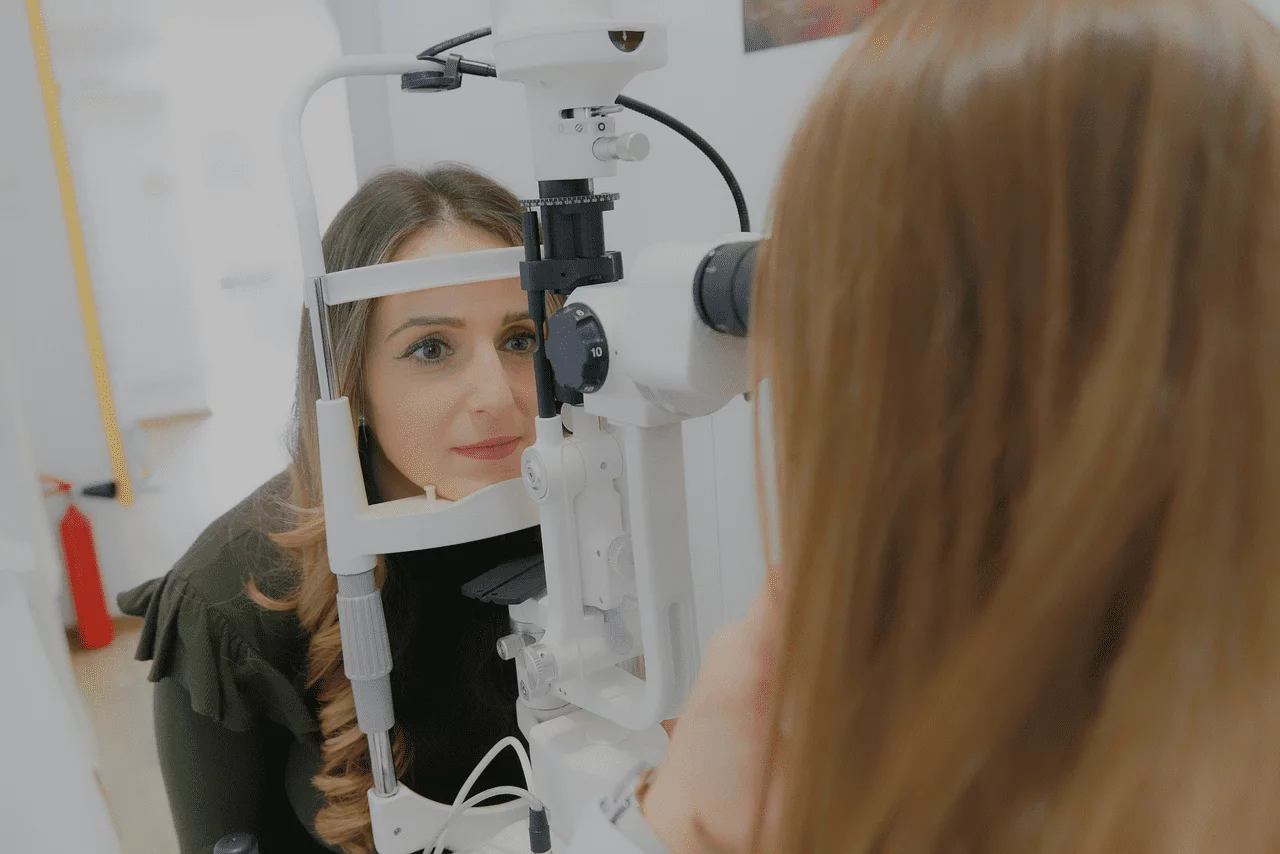When it comes to protecting your vision, finding the right specialist is paramount. Ophthalmologists offer advanced expertise in diagnosing and treating a wide range of eye conditions. Understanding what to look for in an ophthalmologist can help you make an informed decision and help your eyes get the best level of care. Let’s explore what to pay attention to when looking for an ophthalmologist.
Factors to Think About When Choosing an Ophthalmologist
Selecting the right eye care physician from a pool of ophthalmologists involves evaluating several key aspects to match your specific needs and preferences.
- Get recommendations from trusted sources. Your primary care physician often provides valuable referrals to qualified ophthalmologists in your area. Friends, family members, and other healthcare providers also serve as helpful resources for finding quality practitioners.
- Research credentials and board certification. Verify that your prospective ophthalmologist is board-certified. Also, check their educational background, residency training, and any specialized fellowships they may have completed.
- Review experience and specialization. Some ophthalmologists focus on specific areas such as retinal diseases, corneal conditions, or pediatric eye care. If you need specialized treatment, seek out ophthalmologists who have extensive experience in that specific area.
- Evaluate communication style. During your initial consultation, pay attention to how well the doctor explains your condition and treatment options. Quality eye care physicians take time to answer your questions thoroughly and make sure you understand your diagnosis and treatment plan.
- Check patient reviews and testimonials. Online reviews and patient feedback offer valuable insights into the experiences of other patients. You can gain insights into the ophthalmologist’s care quality, office efficiency, and overall patient satisfaction.
By assessing these factors carefully, you can make an informed decision in choosing the best specialist for your needs..
Questions to Ask Before Your First Appointment
Preparing thoughtful questions helps you make the most of your initial visit and gather necessary information. Ask about their specific experience treating your condition or symptoms. If you have been diagnosed with a particular eye disease, inquire about how many similar cases they have treated. Also, inquire about the treatment approaches they might recommend.
Discuss the diagnostic tests and procedures they plan to perform during your visit. Understanding what to expect during your examination helps you prepare mentally and physically for the appointment. Ask about the duration of the visit and whether you will need someone to drive you home if your eyes are dilated.
Inquire about treatment options and expected outcomes. A thorough eye care specialist will explain different treatment approaches. They will also explain the potential risks and benefits, as well as realistic expectations for your specific condition.
Building a Long-Term Relationship
Establishing a strong partnership with your ophthalmologist benefits your eye health over time and creates a foundation for consistent, personalized care. Regular follow-up appointments allow ophthalmologists to monitor changes in your vision and eye health. Many eye conditions develop gradually, and consistent monitoring helps detect problems early. Your ophthalmologist will recommend an appropriate schedule for routine check-ups based on your age, risk factors, and current eye health status.
Maintain open communication about any changes in your vision or eye comfort between appointments. Contact your eye care specialist if you experience new symptoms, changes in your vision, or concerns about your current treatment. Keep detailed records of your eye care history, including previous treatments, medications, and any allergic reactions.
Consult Ophthalmologists for Personalized Care
Choosing the right ophthalmologist requires careful research and thoughtful evaluation of your specific needs. The right eye care specialist will provide comprehensive care, clear communication, and personalized treatment plans to protect and preserve your vision. Contact qualified ophthalmologists in your area today to schedule a comprehensive eye examination.
- Zirconia Cap Price: Estimated Cost & Its Long-Term Benefits
- FREHF – The Revolutionary Future Of Human-Centered Technology!
- Adsy.Pw/Hb3 – Boost Your SEO And Drive More Traffic!
- Fitness Based Vacations By Timeshealthmage.com!
- TimesHealthMag Tips For Improving Sleep Quality – Expert Advice For Better Rest!


Leave a Reply